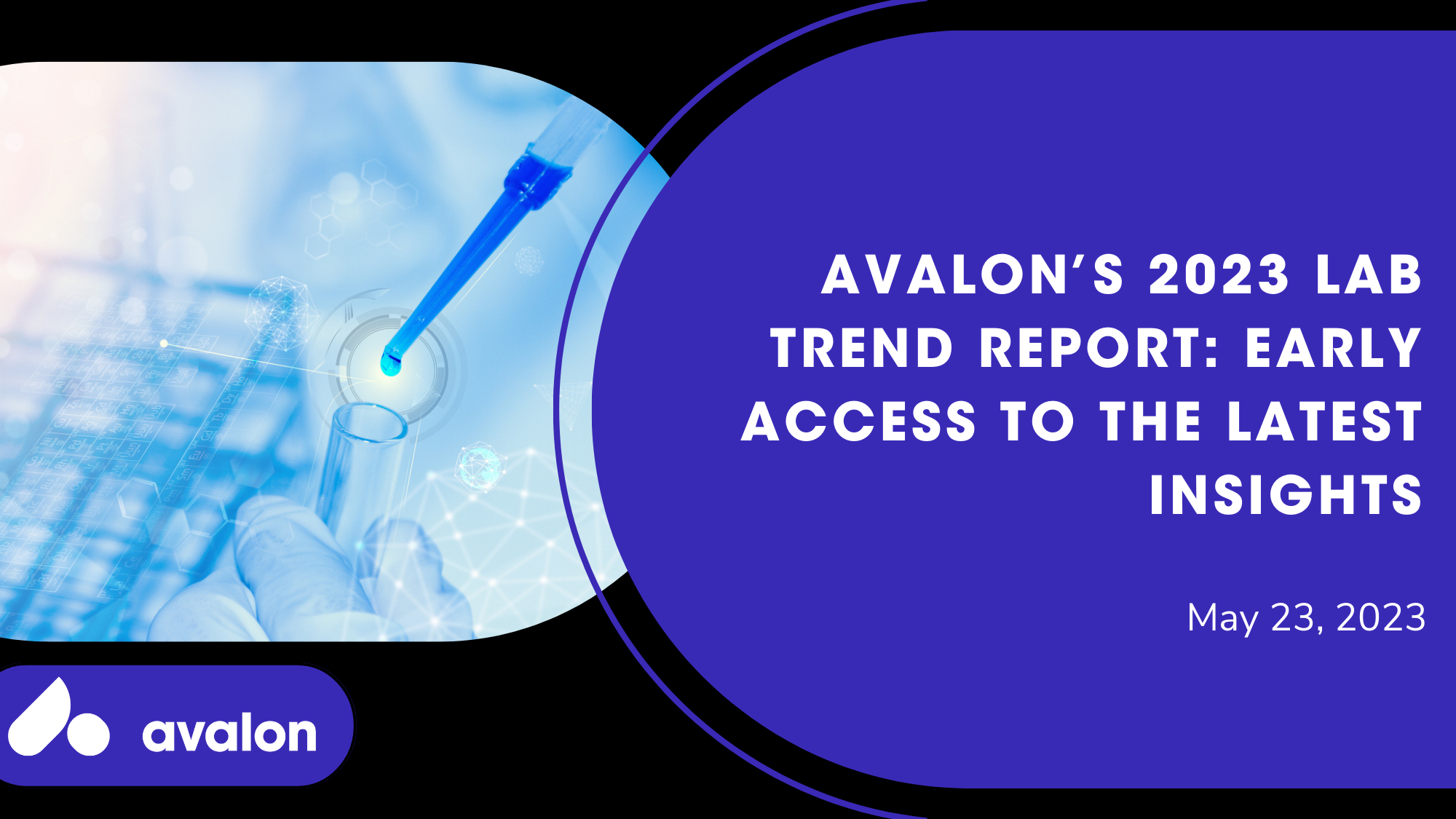Avalon Healthcare Solutions hosted a webinar on federal policy news and insights from the forthcoming Lab Trend Report. Presenters included Julie Barnes, the Principal of Maverick Health Policy; Jason Bush, Executive VP of Product at Avalon; and Mark Monane, Chief Medical Officer at the Monane Group Clinical Consulting.
Federal Policy News
The current US debt ceiling crisis has sent ripples of concern across the financial markets, with the nation’s credit rating at risk. Since January, the country has been out of money, leading to a contentious situation where the limit on national spending, set by law, needs to be raised. Even a near-default situation threatens the US’s credit rating, a threat that has not occurred since 2011. Negotiations have been ongoing in Washington, with the aim of reaching an agreement before Memorial Day.
Another issue in Washington, D.C. is that several committees are considering passing reform bills for PBMs. Notably, the Pharmacy Benefit Manager (PBM) Reform Act aims to tackle high drug prices by introducing transparency in PBM operations. PBM percentage fees – incorporated into contracts –have been attributed as one of the causes of increased drug pricing. In parallel, the House and Senate are considering separate drug pricing proposals.
Another controversy involves Cigna’s automated PxDx system. A ProPublica article accused Cigna of denying coverage requests through automated prior authorizations that did not involve a physician review. Cigna’s automation categorized certain claims as unnecessary, leading to criticism and an investigation by Republican leadership.
Amid these developments, concerns about inaccurate provider directories, termed “ghost networks,” (particularly in the mental health care space) have come up, with CMS expected to issue new rules on this.
In addition, the Medical Loss Ratio (MLR) threshold, set at 80% of premium income, limits administrative costs that health plans can retain. As a result, members are expected to receive an estimated $1.1B in rebates in 2023.
On the Medicaid front, the situation appears worse than predicted, with the HHS stating that 15 million people could lose Medicaid coverage. For instance, around 250,000 individuals were disenrolled from Florida’s Medicaid program. This will impact hospital reimbursements from Medicaid and some hospitals may not be positioned to deal with the losses in revenue.
The Avalon Lab Trend Report, a yearly report on key trends in the laboratory space, will be available soon. This report highlights that 70% of office visits culminate in a lab test, with a significant rise in genetic tests year-over-year as genetic testing proliferates and becomes less costly to perform.
The 2023 Lab Trend Report
The 2023 Lab Trend Report underscores the importance and prevalence of lab testing. Of note is the surge in genetic tests due to reduced sequencing costs. For example, sequencing is now available for close to $600, down from $1 million (to originally sequence the human genome).
As a result of genetic test proliferation, 2022 saw double-digit increases (15% and 11% YOY, respectively) in both utilization and spend on genetic testing.
Additionally, more tests are hitting the market. An impressive 129,624 genetic tests in the U.S. were submitted to the genetic testing registry as of Nov. 2022 and the market sees 10-15 new genetic tests launched daily in the U.S.
Despite the surge in genetic testing, routine testing does still account for 90% of lab test expenditure. Avalon is focused on optimizing lab testing through science-based medical policies and actionable data-based tools. Of note, Avalon has 65 “routine testing” policies that manage routine tests, as well as policies that cover enforcement of genetic tests.
One trend from the report is the easing of the COVID-19 crisis—due to this decline in testing, routine testing is gradually returning to pre-pandemic levels.
Another issue is hospital-based (outpatient) labs and lab test price arbitrage. Cost differentials can be widely variable based on place of service (location), with prices differing markedly. One example is a Hemoglobin A1c test— the fourth most common routine test, which has a price difference of 250% depending on whether the test is drawn in an outpatient lab versus an independent lab.
The Lab Trend report also highlights the potential of new screening blood tests, like multi-cancer early detection tests and polygenic risk score tests which could revolutionize disease detection and management.
In conclusion, the current economic and healthcare landscape presents various challenges, but Avalon has positioned itself as a partner—using lab-driven insights and actionable data— to move the needle on value-based care.

